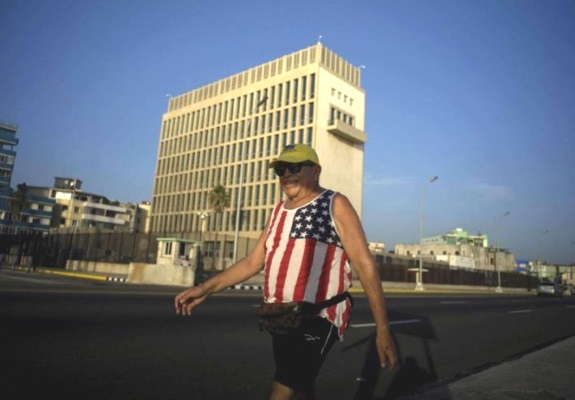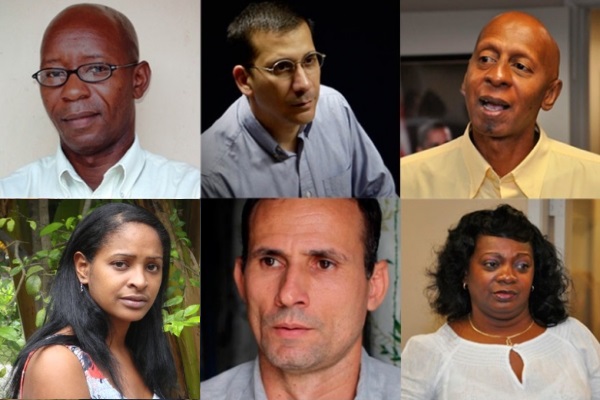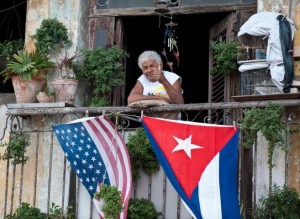They do not show me the arrest warrant. My mother begs me to go; I hug her and leave with them for the police station.
Cubanet.org, Roberto Jesus Quinones Haces, Guantanamo, 8 Cuba 2015 – Five thirty-five in the morning on Monday, October 5, 2015. I get up, go to the bathroom, brush, put the coffee pot on the electric burner. The day seems like any other until some harsh knocks on the door tell me that I may be wrong.
I open the door. A group from the Ministry of the Interior (MININT) is in the doorway of my home. Between uniformed and plainclothes officers there are 19 people, not counting those remaining in the surrounding area where there are also special troop members, as I will later learn.
A young military officer who introduces himself as Captain Gamboa informs me that they have come to carry out a search. I ask for the warrant, and he shows it to me at a distance. I try to read it but he quickly withdraws it. Nevertheless, I manage to see that the objective is to find objects related to my “subversive activity.” That’s what they call my work as an independent journalist. continue reading
In my room they find my personal calendar and some books, a broken cell phone and one that works, a Canon camera that I have not used for lack of a USB cable and a laptop that my brother who lives in the United States sent to me. In my work room they find a desktop personal computer, property of the Catholic Church of Guantanamo, which my wife, my nephew and I call “the tractor” due to its years of use.
They also confiscate some twenty CDs, four flash drives – among them one of my mother’s, which contains several episodes of “Case Closed” and dozens of chapters of a Mexican soap opera – a music record by Compay Segundo and another of jazz, an issue of the magazine Cuban Culture Encounter and another of Coexistence, a magazine managed in Pinar del Rio by Dagoberto Valdes. Added to the list of ‘subversive objects’ are 700 dollars that I have been saving to repair my house.
At eleven thirty in the morning, they finish. Then I discover that the search warrant is not signed by any prosecutor, but it is already too late; I made the mistake of letting them enter.
The arch-bishop of the dioceses arrives, Monsignor Wilfredo Pino Estevez, and witnesses the moment when I ask Captain Eyder to show me the arrest warrant. He answers that if I want an arrest warrant, he can make it right then. I protest. My mother, a 77 year-old woman, gets nervous. The officer says that if anything happens it will be my responsibility. She begs me to leave, I hug her, and I leave with them for the police station. The street is full of onlookers.
At MININT’s Provincial Operations Unit they bring me prisoner garb and assign me number 777. I tell Captain Gamboa that I am not a number but a human being and that if they call me by that number, I will not respond. “Then we’ll get you,” he says.
In 1999 I spent 49 days in one of these cells. I see that nothing has changed except that now a young nurse takes my blood pressure and asks several questions about my health. Then they take me to the cell that has no water and is equipped with cement beds and a hole for defecating in view of the four inmates who welcome me.
They call for lunch. I do not go. I manage to sleep some. At about five in the afternoon a guard opens the door, looks at me and says: “You, come.” I leave. They photograph me and take my fingerprints. Captain Eyder receives me in the interrogation room. He accuses me of publishing news containing truths but also lies, that I am not a journalist. Later Captain Gamboa and Colonel Javier will tell me the same thing. I answer that between 1986 and 1990 I published film criticism and cultural articles in the Venceremos newspaper, an official publication of the Communist Party in Guantanamo, and no one said then that I was not a journalist, that Cuban cultural history demonstrates that hundreds of writers practiced journalism.
They threaten me with another jail and show me Complaint 50 from 2015 in which I am accused of Dissemination of False News against International Peace because, according to them, my articles seek to disrupt relations between Cuba and the United States. I did not know I was so important.
At one point in the interrogation they assure me that they are not going to return some of my items of property, that it depends on my behavior and that thanks to the generosity of the Revolution, they are going to set me free.
At about eleven at night they give me a Warning that I do not sign because they do not give me a copy. For the same reason I did not sign the Registration Record or the other documents.
I return home. My mother is sleeping under the effect of a sedative but awakens. I feel great pain when she hugs me and cries. Some moments later she asks me: “Did you eat?” and goes to the kitchen.
My children and siblings who live in the United States, where my wife is travelling, call me. They tell me that they learned what happened on the news. They ask me not to continue. I want to tell them that the only thing that sustains me is this freedom, but I remain silent. Such confessions can sound pompous.
Then everything is silent. The day ends as if my routine had been completed.
About the Author
Roberto Jesus Quinones Haces was born in the city of Cienfuegos September 20, 1957. He is a law graduate. In 1999 he was unjustly and illegally sentenced to eight years’ incarceration and since then has been prohibited from practicing as a lawyer. He has published poetry collections “The Flight of the Deer” (1995, Editorial Oriente), “Written from Jail” (2001, Ediciones Vitral), “The Folds of Dawn,” (2008, Editorial Oriente), and “The Water of Life” (2008, Editorial El Mar y La Montana). He received the Vitral Grand Prize in Poetry in 2001 with his book “Written from Jail” as well as Mention and Special Recognition from the Nosside International Juried Competition in Poetry in 2006 and 2008, respectively. His poems appear in the 1994 UNEAC Anthology, in the 2006 Nosside Competition Anthology and in the selection of ten-line stanzas “This Jail of Pure Air” published by Waldo Gonzalez in 2009.
Translated by Mary Lou Keel

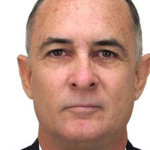

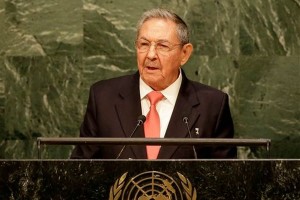
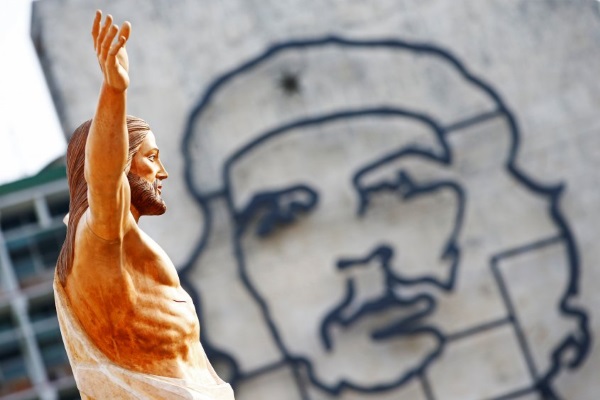
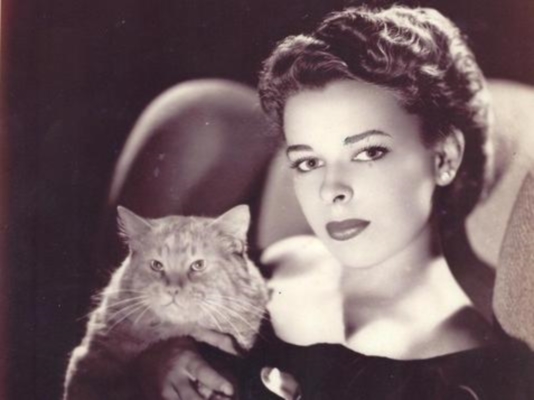

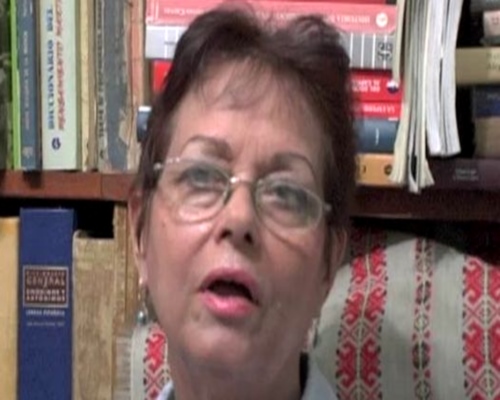
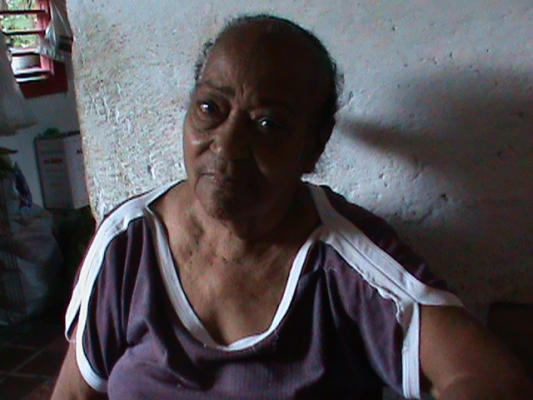
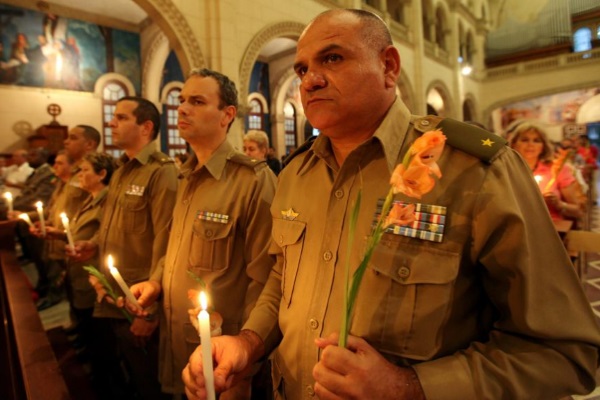
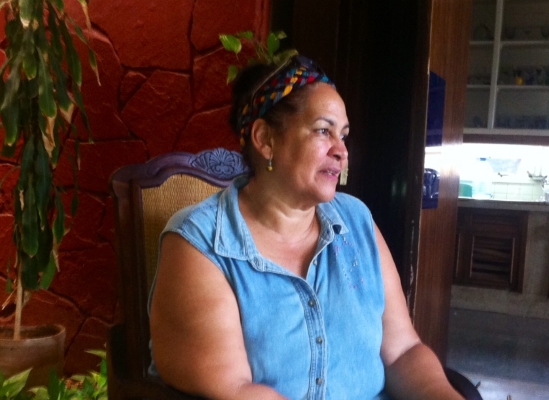

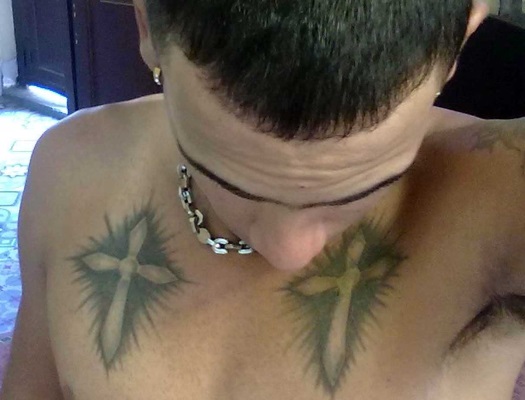






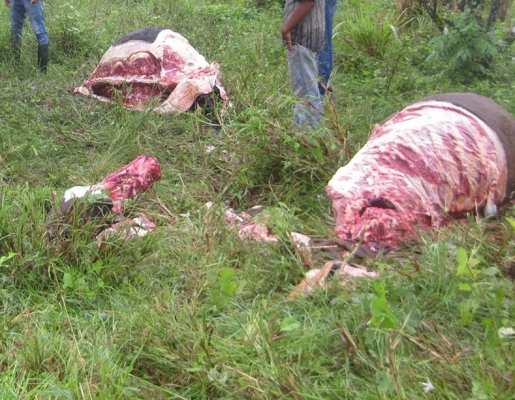
![epa03135767 Mariela Castro Espin, Director of National Center of Sexual Education (Cenesex, as in Spanish) of Cuba and daugther of Cuban President Raul Castro, speaks druing a press conference in Santo Domingo, Dominican Republic, 07 March 2012. Castro will give the conference 'Sexual education in processes of social transformation in Cuba' on next 08 March in this city to commemorate the International Women's Day. EPA/Orlando Barria (Newscom TagID: epaphotos320006) [Photo via Newscom]](https://translatingcuba.com/wp-content/uploads/2015/08/mariela-castro.jpg)

